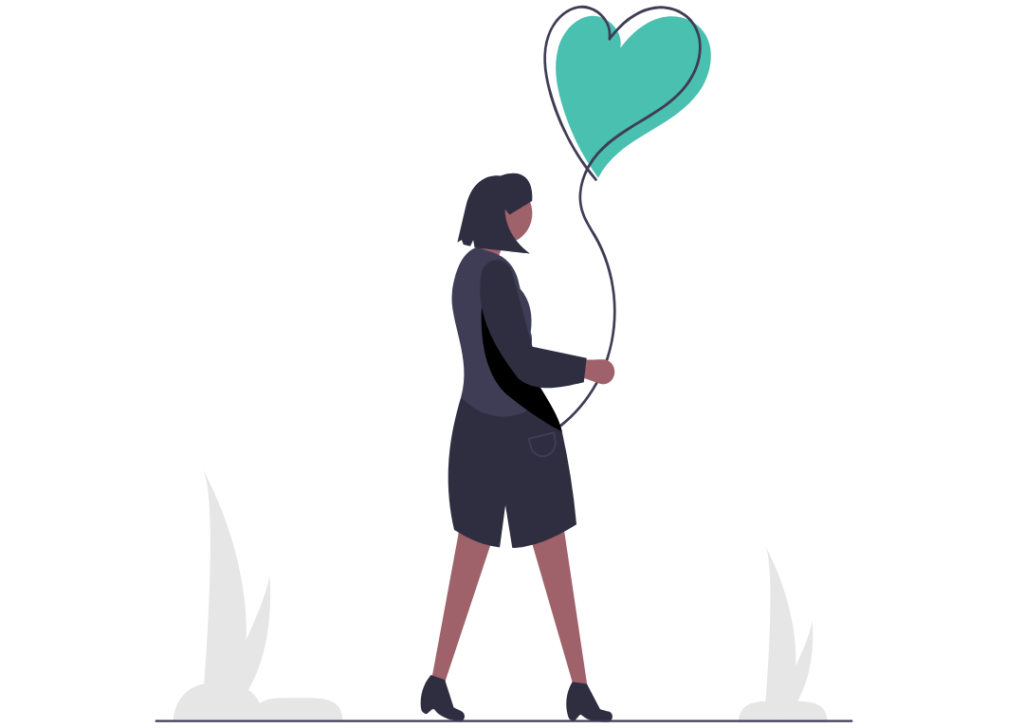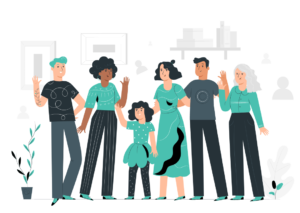
Saying Goodbye to My Mom in 15 Days
Klara was a few years out of college when her seemingly healthy mom was diagnosed with a rare form of cancer beyond treatment.

Clare's mother, now 90-years-old, moved into the apartment below Claire's family because she was lonely. Over the years, Clare has provided increasing help with daily activities and has become her caregiver (although her mom would never admit it). Clare shares how this role has prompted her to reflect on the past, the emotional fatigue she experiences, and the importance of seeking time alone to recharge. This is Clare's story.
As told to Open Caregiving and lightly edited to enhance readability while preserving the author’s voice.
Hi, my name is Clare. I’m a Gen X woman from Massachusetts. I am currently a caregiver for my 90-year-old mother.
I live with my family (husband and 4 children) in a 2-family home, which means we live upstairs and rent the downstairs apartment. After my father died a decade ago, I told my mother she should consider moving in with us as our tenant. She was very resistant to the idea until she got a bit older and needed more company and care. She moved in 5 years ago.
We’re lucky in that we look after her and help her with cooking, driving, appointments, and other things, but we don’t live in the same apartment. That makes the situation much easier. She has her own independent space, and I check in on her a few times per day and help with tasks.
She’s my mother, so we have the typical mother/daughter love and friction. She would NEVER consider me as her caregiver, even though I cook dinner for her almost every night, drive her wherever she needs to go, keep her company, and help her with household tasks. She is very proud and still believes that she’s just having a “spell” and will again cook, drive, etc. It’s a dance.
Loneliness, most of all, prompted her need for care. She was becoming much more limited in what she could do, and staying alone in an empty house felt increasingly lonely to her. As the years have passed, her memory is now inconsistent and she can no longer drive. She has days that are fuzzier and days that are clearer, but she takes good care of herself and is physically very healthy.
There are times where I simply need to turn off my emotions and behave more like a professional caregiver rather than a daughter. That is essential in order for us to work together well. I’m not sure it’s the healthiest approach, but it makes me feel sane.
The emotional fatigue. Because she’s my mother, and because we spend so much time together, it’s given me a lot of time to think back to my childhood and the things that were dysfunctional.
I never expected caregiving to force me to rethink a lot of the past (and make peace with it). I have no regrets, of course. I’m so happy to be able to care for my mom and give back to her, as she gave so much of her life to raising me and my siblings.
On the flip side, I get a lot of satisfaction and pleasure from knowing my mom is well taken care of. I know people often have regrets about whether their relationship could have been better with their parents after they have passed. I am confident I won’t feel this way as these years have given me a chance to love and support her fully. And even though we have our stresses, the good days far outnumber the bad ones.
I run my own business and work from home, so some days are really hard. What I find most difficult isn’t the extra work I do to support my mom, it’s her moods. When she’s in a dark mood, it feels infectious. Like I can catch it if I’m not careful.
She takes out her frustrations on me because I’m the closest to her. I have to remind myself that I am taking good care of her and stepping away for a while to take care of myself is good for both of us.
Taking care of myself simply means spending time alone. I love to be by myself and between my mother and a family of 6, I rarely get time by myself. When I feel particularly defeated, spending an evening alone is the absolute best.
I have not sought out a lot of resources, to be honest. My husband is my best resource as he listens patiently and gives excellent advice. He’s also very loving and patient with my mom, so he’s an excellent support to both of us.
Be patient!

Klara was a few years out of college when her seemingly healthy mom was diagnosed with a rare form of cancer beyond treatment.

Chris was in his mid-50s when his mom was diagnosed with small-cell carcinoma and learned that she had limited time left to live.

Mr. T’s mom had been battling cancer for two years when a recent hospital visit revealed the cancer had spread throughout her body.